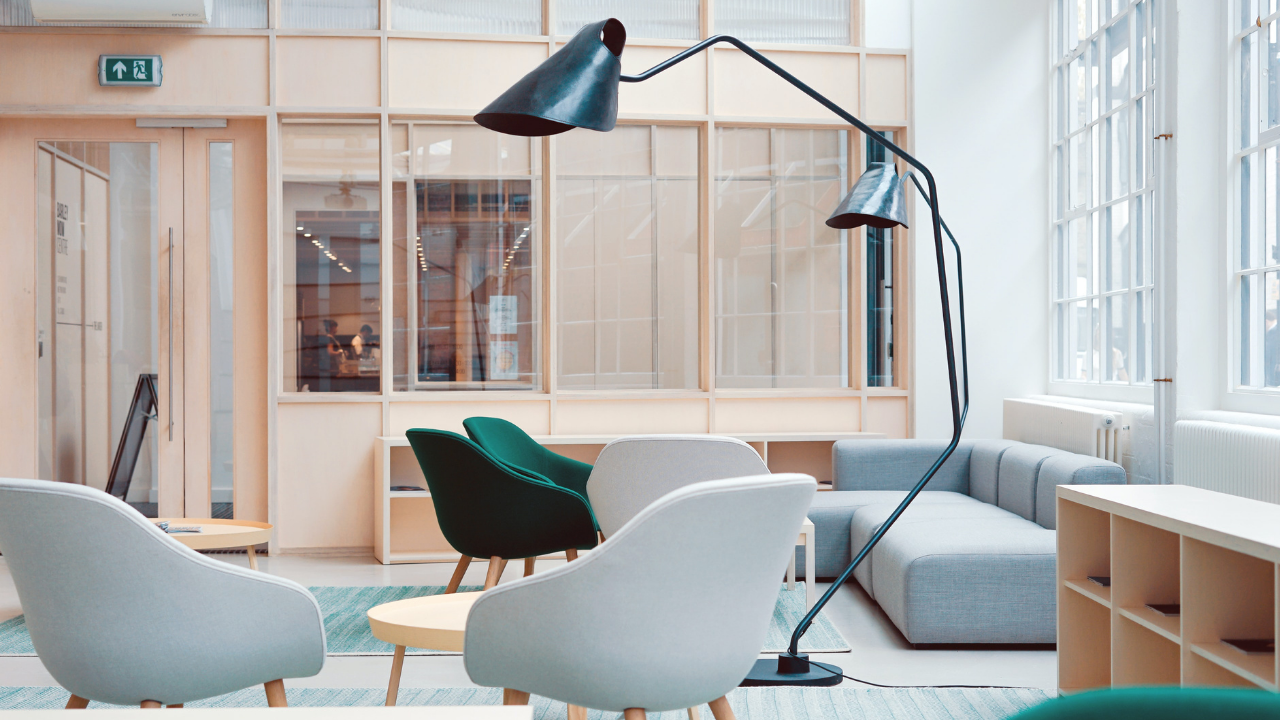Companies have undoubtedly been wary of making long-term office commitments throughout the pandemic. This has led many to opt for short-term renewals and offloading space through subleases.
So what does this mean for the future of the office? While remote working has been ideal for some professionals, several have expressed distraught over the lack of home office space and general distractions.
This means companies need to strategize how to create a workspace that can help professionals find a place of solace to get their work done, while also ensuring they stay safe.
Despite numerous op-eds claiming that the office is dead, one thing that is certain is that humans are social beings. Not only that, but analysis has indicated that people prefer to have access to an office space at least some of the time.
Doing so helps improve workplace culture, productivity, collaboration and even mental health.
According to Cushman & Wakefield’s Workplace Ecosystems of the Future report, the U.S. is expected to create 5.1 million in-office positions over the next decade, an increase of 4.5 million from the last decade.
Still, the way we use the office will most definitely change. Moving forward, knowledge workers will likely have the option to work from anywhere.
That is why some companies are looking into the hub-and-spoke models that feature a headquarters in major cities, with spoke locations in more suburban areas.















